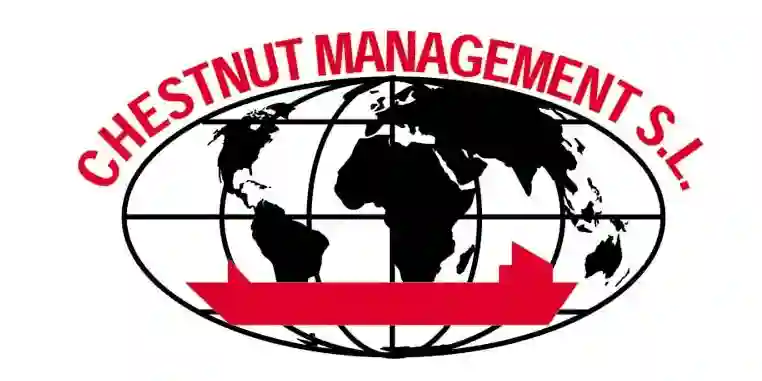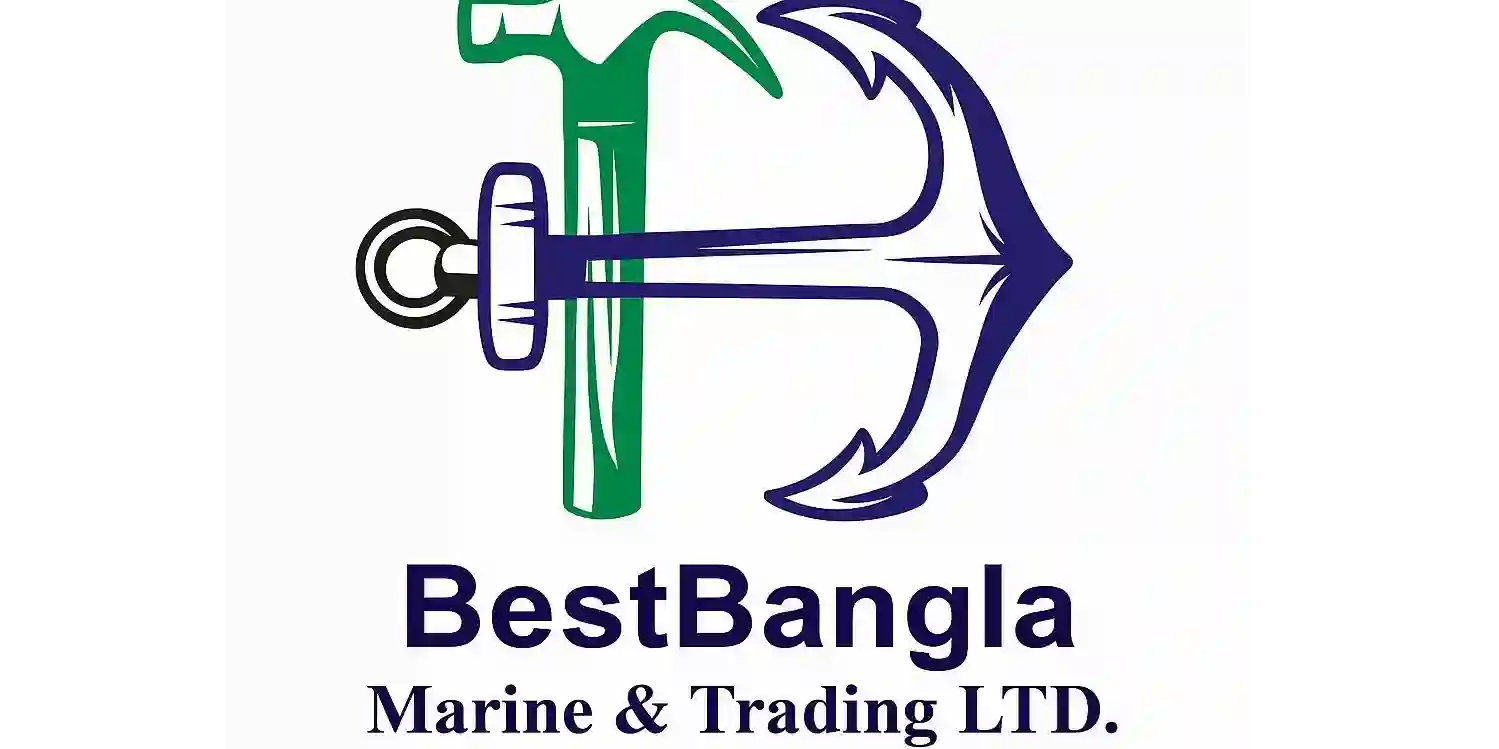Displaying 10 out of 44 suppliers
Verification
Supplier specification
Hydraulic Oils Suppliers
Hydraulic oil plays a critical role in many onboard systems, from steering gear and stabilizers to deck cranes, winches, and hatch covers. In a marine environment, these fluids are exposed to constant challenges, run at high pressures and long duty cycles, so the fluid has to protect parts, stay clean, and keep systems responsive in real conditions at sea.
Marine-grade hydraulic oils are formulated to handle these conditions. They offer better water separation, corrosion protection, and stability under varying temperatures compared to standard industrial grades. This extra resilience helps ensure that vital hydraulic systems continue to operate smoothly, even in harsh offshore conditions.
For shipowners and engineers, choosing the right oil is more than just meeting a specification - it’s about maintaining operational safety, reducing downtime, and extending equipment life. Whether sourcing from hydraulic oil suppliers in bulk or purchasing for specific systems, selecting a trusted product can make the difference between uninterrupted service and costly repairs.
How to Choose the Right Hydraulic Oil for Marine Use
- Start with the basics: open the lubrication chart or service manual for the specific equipment. Most OEMs include an approved lubricants list that names suitable hydraulic oil manufacturers, product families, viscosity grades, and any special requirements. If a brand is named, match it. If a spec is given, choose an equivalent that clearly meets or exceeds it.
- Pick the viscosity grade to suit operating temperature and duty. Ship systems commonly use ISO VG 32, 46, or 68. Cooler routes or fine-clearance pumps often lean to VG 32, while warm engine rooms or heavy deck gear may call for VG 46 or 68. If your climate swings, look for high VI fluids that stay stable across seasons.
- Check compatibility with seals and materials. NBR, FKM, and PTFE can react differently to additive packs. A quick check up prevents leaks and softening later.
- Prioritize water handling and cleanliness. You want fast demulsibility, good air release, low foaming, and corrosion protection for ferrous and yellow metals. Ask for typical ISO 4406 cleanliness targets.
- Match the oil to pump type and duty. Vane and piston pumps need strong anti-wear and oxidation stability for long runs. Steering gear, winches, and crane circuits benefit from additives that limit varnish and rust.
- Look for familiar marine lines with OEM approvals. Shell Tellus, TotalEnergies Azolla or Equivis, and Chevron Rando are widely used because they publish clear data and approvals that keep warranties intact.
For change-outs and routine top-ups across ports, working with bulk hydraulic oil suppliers keeps grades consistent and reduces the risk of mixing incompatible fluids. Label drums clearly and keep a simple log so crews always pull the right oil for the right circuit.
Why Quality Matters in Marine Hydraulic Oils
Hydraulic circuits run a lot of critical gear on board - steering gear, controllable pitch propellers, stabilizers, bow thruster actuators, cranes, winches, hatch covers, ramps. When the fluid is right, controls feel precise and equipment responds on time. When it is not, problems show up fast.
What quality delivers:
- Stable viscosity and shear stability so pumps keep their efficiency as temperature and load change.
- Strong anti-wear and oxidation control to keep varnish and sludge out of valves and servo controls.
- Fast water separation and rust protection to deal with humidity, salt air, and incidental ingress.
- Good air release and low foaming for smooth, quiet operation.
Risks of poor-quality oil:
- System breakdowns from sticky valves, plugged filters, and overheated pumps.
- Accelerated wear on pistons, vanes, and bearings when film strength is weak or viscosity is off.
- Water contamination that causes corrosion, additive loss, and spongy control response.
- Increased downtime for unscheduled oil changes, flushing, and component rebuilds.
High-performance fluids cost more upfront but usually return value in longer drain intervals, cleaner systems, fewer callouts, and longer pump and actuator life. Reputable hydraulic oil manufacturers publish data on demulsibility, air release, seal compatibility, and OEM endorsements for marine service, which makes selection more predictable. On the supply side, experienced hydraulic oil dealers help by rotating stock, keeping drums clean and dry, and providing cleanliness certificates, so the oil starts out right before it ever goes into your system.
Look for vendors with real port coverage, clean storage, and proof of quality on delivery. That means recent SDS/CoA, and ISO 4406 cleanliness targets. Drums, IBCs, and bulk deliveries should be available with pump sets and spill kits. If you plan fleet-wide standardization, work with bulk hydraulic oil distributors who can keep the same grade available across regions. Ask for a clear hydraulic oil price schedule, lead times, and emergency delivery options so you are not stuck waiting alongside the quay.
If you want this to be simpler, our team at Records Marine has already done the vetting. We list suppliers who carry the right approvals, keep stock moving, and understand shipboard realities. With so many blends and vendors on the market, picking the right match can be time-consuming - which is exactly why we built Records Marine to help you narrow the field quickly.

Year Founded: 2018

Year Founded: 1997

Year Founded: 2014
Year Founded: 1993

